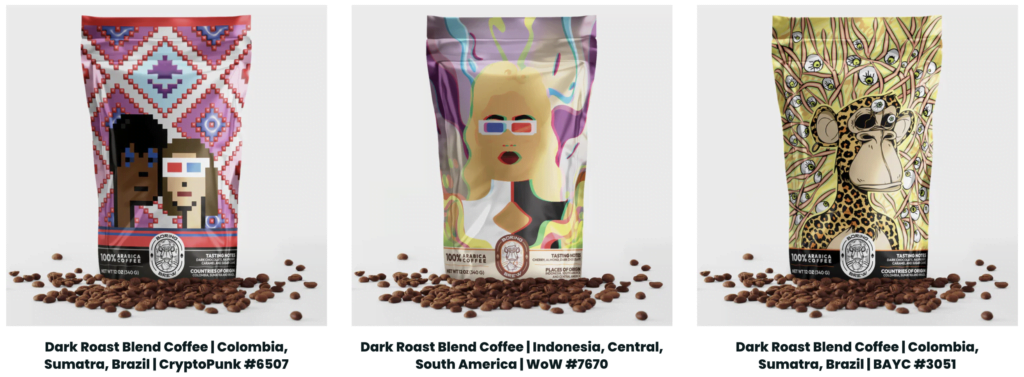Metavesco, Inc., a company focused on Web3 and digital assets, recently announced that its speciality coffee brand, Boring Brew, has been listed on Walmart.com. This move marks an expansion in the company’s distribution channels and exposes the brand to a broader consumer base.
Unique Offerings Meet a Larger Audience
Boring Brew is paying attention to detail in coffee crafting. The coffee is roasted on-demand to maintain the fresh flavors of coffee beans sourced globally. Furthermore, what sets Boring Brew apart is its packaging. Each bag of coffee comes with artwork inspired by well-known NFT projects like Bored Ape Yacht Club and CryptoPunks, among others. The packaging serves a dual purpose—preserving the coffee while doubling as collectible art.

E-commerce Strategy and Market Exposure
Ryan Schadel, the CEO of Metavesco, expressed his enthusiasm about the brand’s new online presence: “Through our work on Walmart.com Marketplace, we will be able to scale our e-commerce presence and introduce our speciality coffee to a new group of consumers.” He also mentioned Rainier Ybarra’s crucial role in making this move possible. He indicated this step aligns with the brand’s broader business objectives, including its involvement in the Web3 sector.
Another aspect of Boring Brew’s operations worth mentioning is the brand’s ongoing commitment to charity. Each purchase from Boring Brew contributes to non-profit causes, reinforcing the brand’s goal to have a broader impact beyond its commercial interests.
Metavesco operates in the Web3 and digital asset space and is involved in activities like crypto liquidity providing and token farming through decentralized exchanges. It also invests in select NFT projects and virtual land. Boring Brew, a fully owned subsidiary, integrates these digital aspects by employing NFT-inspired artwork on its coffee packaging.
The inclusion of Boring Brew’s coffee on Walmart.com expands the brand’s reach. It brings its unique blend of quality and art to a larger audience. Additionally, it provides an example of how Web3 technologies can be integrated into more traditional consumer packaged goods.



